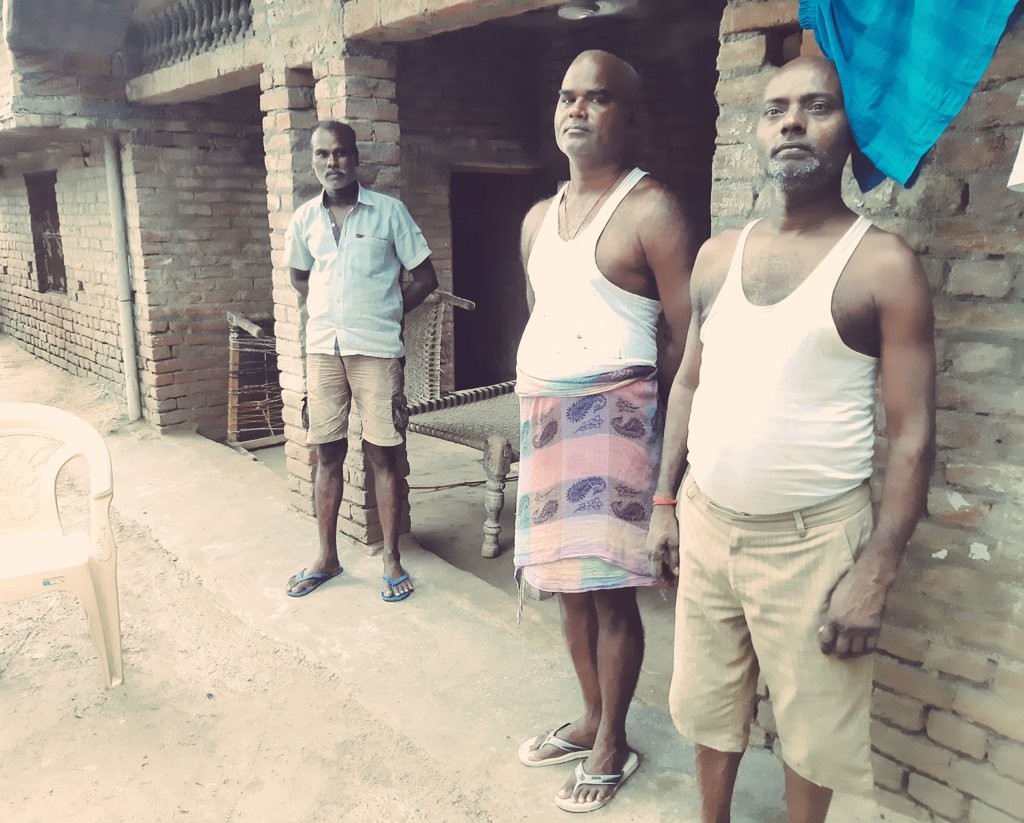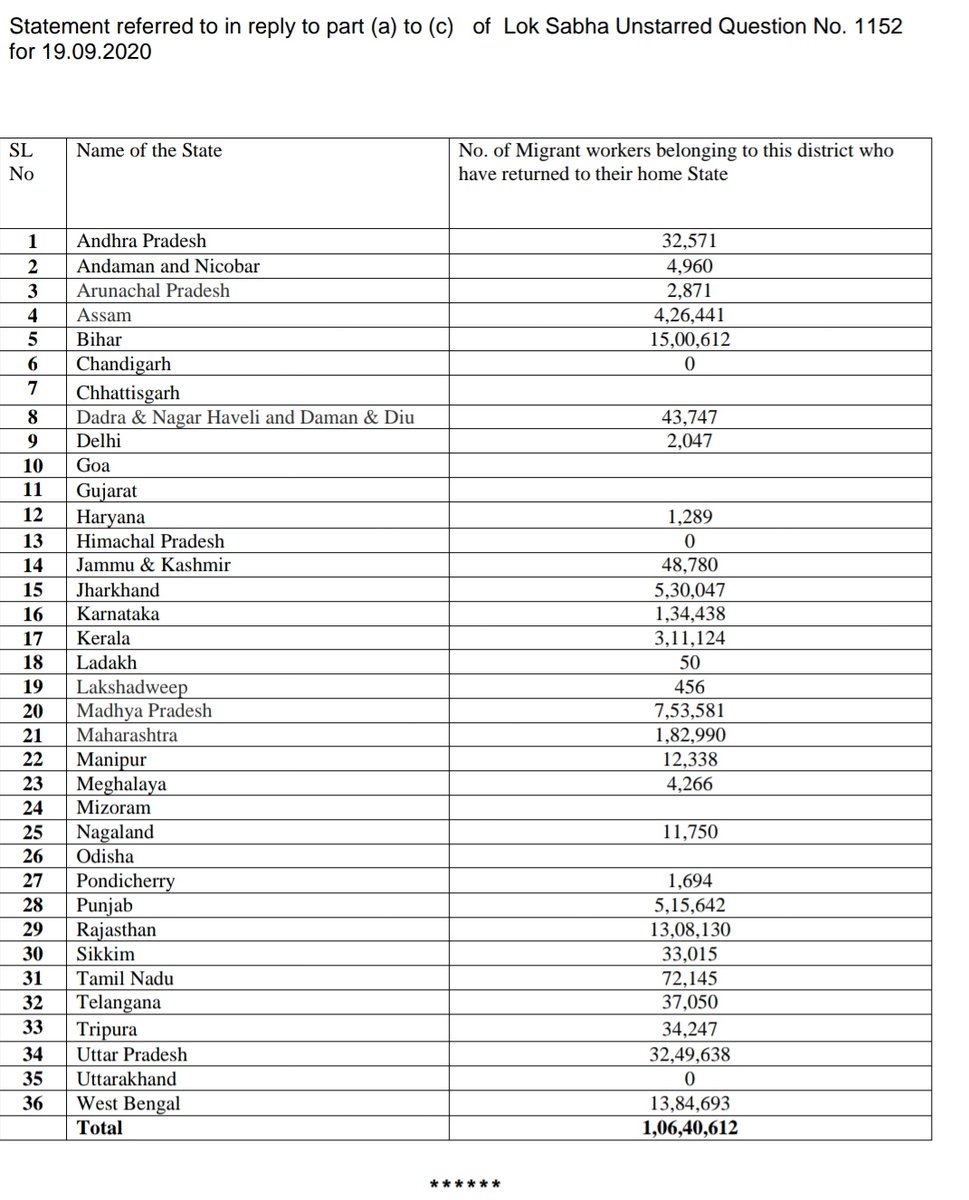
Breaking: India's chief economic advisor wants the junked consumer spending report to be made public. Krishnamurthy Subramanian wrote to the National Statistical Commission seeking the survey report of 2017-18 for analysis in the upcoming Economic Survey.
business-standard.com/article/econom…
business-standard.com/article/econom…
Consumer spending fell for the first time in more than four decades in 2017-18, primarily driven by slackening rural demand, sparking fears of rising poverty in the country. The government withheld the report which was made public by us in November, 2019:
business-standard.com/article/econom…
business-standard.com/article/econom…
The day the survey results were made public by us the government announced scrapping of the survey report citing 'data quality issues.'
This was the first time the govt scrapped an NSSO survey of this scale since the stats body was established in 1950.
business-standard.com/article/econom…
This was the first time the govt scrapped an NSSO survey of this scale since the stats body was established in 1950.
business-standard.com/article/econom…
The National Statistical Commission, an apex autonomous statistical body, wasn't consulted before the govt announced junking the report. NSC Chairman Bimal Kr Roy had told us in an interview in Dec 2019 that he wasnt in favour of such a move.
business-standard.com/article/econom…
business-standard.com/article/econom…
While scrapping the survey report, the govt had said that a committee had found data quality issues. However, the committee which had submitted its report in Sept 2019 didnt recommend junking of the report nor did it flag "data quality" issues.
business-standard.com/article/econom…
business-standard.com/article/econom…
In November 2019, over 200 global economists, experts and academicians wrote an open letter asking the Modi government to release the junked National Statistical Office (NSO) consumer expenditure survey report for year 2017-18.
business-standard.com/article/econom…
business-standard.com/article/econom…

While junking the report, the govt had said that the survey results didnt match other trends, particularly the GDP data. But an expert group had said there was no point making such a comparison & gave explanations as to why the consumer spending fell.
business-standard.com/article/econom…
business-standard.com/article/econom…

In Jan 2020, the NSC decided against releasing the survey results.
When asked why, the NSC Chairman had said: “I did try...I did put in the proposal as chairman but it didn’t get through. I cannot say anything more now.”
business-standard.com/article/econom…
When asked why, the NSC Chairman had said: “I did try...I did put in the proposal as chairman but it didn’t get through. I cannot say anything more now.”
business-standard.com/article/econom…
This is what happened in the meeting:
The then Chief Statistician Pravin Srivastava objected to the release of the survey data. One NSC member raised objections and pressed for the data to be made public. But his views weren’t incorporated in the minutes of the meeting.
The then Chief Statistician Pravin Srivastava objected to the release of the survey data. One NSC member raised objections and pressed for the data to be made public. But his views weren’t incorporated in the minutes of the meeting.
This is how our statistical system was compromised.
-- Thread ends --
-- Thread ends --
• • •
Missing some Tweet in this thread? You can try to
force a refresh












